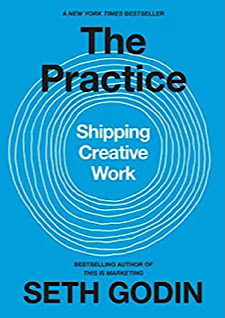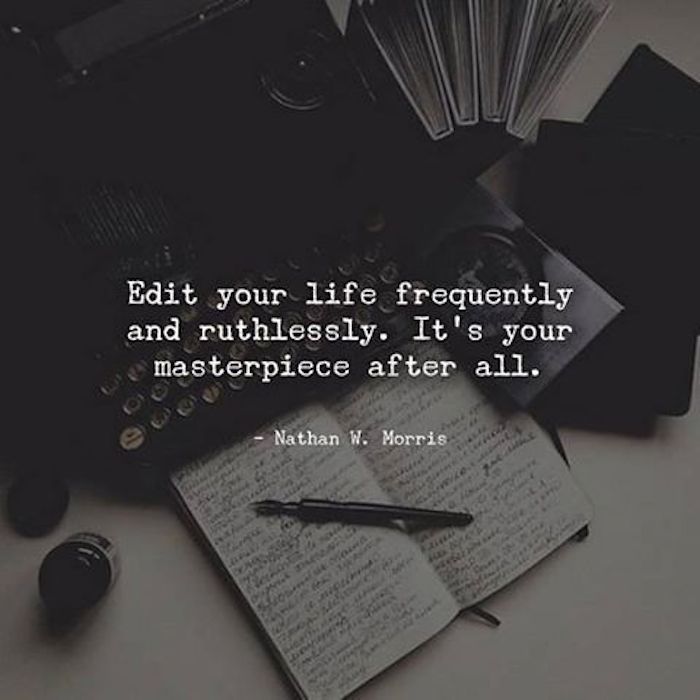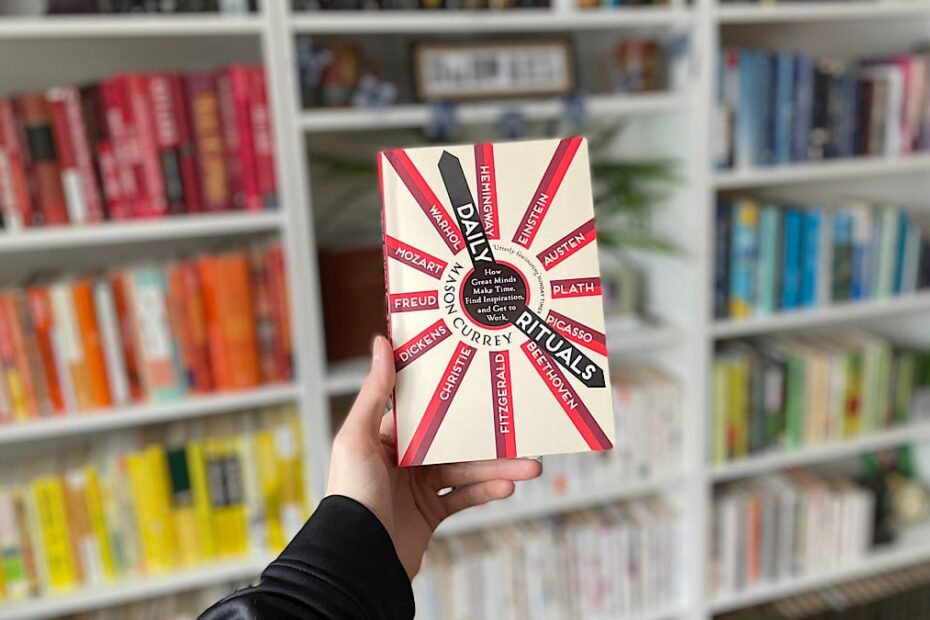“Every creator who has engaged in the practice has a long, nearly infinite string of failures. All the ways not to start a novel, not to invent the light bulb, not to transform a relationship. Again and again, creative leaders fail. It is the foundation of our work. We fail and then we edit and then we do it again.”
Seth Godin, The Practice (Page 164)
“Money supports our commitment to the practice. Money permits us to turn professional, to focus our energy and our time on the work, creating more impact and more connection, not less. And more importantly, money is how our society signifies enrollment. The person who has paid for your scarce time and scarce output is more likely to value it, to share it, and to take it seriously.”
Seth Godin, The Practice (Page 108)
“Everything that matters is something we’ve chosen to do. Everything that matters is a skill and an attitude. Everything that matters is something we can learn. The practice is choice plus skill plus attitude. We can learn it and we can do it again.”
Seth Godin, The Practice (Page 102)
“If we failed, would it be worth the journey? Do you trust yourself enough to commit to engaging with a project regardless of the chances of success? The first step is to separate the process from the outcome. Not because we don’t care about the outcome. But because we do.”
Seth Godin, The Practice (Page 92)
“When we get really attached to how others will react to our work, we stop focusing on our work and begin to focus on controlling the outcome instead.”
Seth Godin, The Practice (Page 86)
“If the only measure of your worth is in the outcome of a transaction, not in the practice to which you’ve committed, then of course it makes sense to cut corners and to hustle.”
Seth Godin, The Practice (Page 85)
“If our focus is on external validation, then the journey will always be fraught. It’s culturally impossible to do important work that will be loved by everyone. The very act of being ‘important’ means that it will have a different impact on people.”
Seth Godin, The Practice (Page 72)
“A key component of practical empathy is a commitment to not be empathic to everyone. A contemporary painter must ignore the criticism or disdain that comes from someone who’s hoping for a classical still life. The tech innovator has to be okay with leaving behind the laggard who’s still using a VCR. That’s okay, because the work isn’t for them. ‘It’s not for you’ is the unspoken possible companion to ‘Here, I made this.'”
Seth Godin, The Practice (Page 71)
“Selling can feel selfish. We want to avoid hustling people, and so it’s easy to hold back in fear of manipulating someone. Here’s an easy test for manipulation: if the people you’re interacting with discover what you already know, will they be glad that they did what you asked them to?”
Seth Godin, The Practice (Page 46)
“You can’t really decide to paint a masterpiece. You just have to think hard, work hard, and try to make a painting that you care about. Then, if you’re lucky, your work will find an audience for whom it’s meaningful.”
Susan Kare, The Practice (Page 24)
“One of the problems with art is that it is self-anointing: Anyone can be an artist by simply pointing to themselves and saying so. The truth is that there are very few artists. [Making the world a better place through art] is the highest attainment of the specialization. It is to recognize that it is not all about you, and that you have a communal function you can serve to help everyone get along. This is important for people to understand, especially in a capitalist society.”
Milton Glaser, via The Practice (Page 17)
“Lost in all the noise around us is the proven truth about creativity: it’s the result of desire—the desire to find a new truth, solve an old problem, or serve someone else. Creativity is a choice, it’s not a bolt of lightning from somewhere else.”
Seth Godin, The Practice (Page 3)
The Practice: Shipping Creative Work [Book]

Book Overview: Creative work doesn’t come with a guarantee. But there is a pattern to who succeeds and who doesn’t. And engaging in the consistent practice of its pursuit is the best way forward. Based on the breakthrough Akimbo workshop pioneered by legendary author Seth Godin, The Practice will help you get unstuck and find the courage to make and share creative work. Godin insists that writer’s block is a myth, that consistency is far more important than authenticity, and that experiencing the imposter syndrome is a sign that you’re a well-adjusted human. Most of all, he shows you what it takes to turn your passion from a private distraction to a productive contribution, the one you’ve been seeking to share all along. With this book as your guide, you’ll learn to dance with your fear. To take the risks worth taking. And to embrace the empathy required to make work that contributes with authenticity and joy.
Post(s) Inspired by This Book:
“Everything good needs time. Don’t do work in a hurry. Go into details; it pays in every way. Time means power for your work. Mediocrity is always in a rush; but whatever is worth doing at all is worth doing with consideration. For genius is nothing more nor less than doing well what anyone can do badly.”
Amelia Barr
Don’t leave your masterpiece unfinished.

(Read Matt’s Blog on this quote)
“Whatever the next thing is I write, it’s got to be even more naked than the last.”
Harold Pinter, via Sunbeams (Page 50)
“Two things come to mind that are euphoric for me. One is the universal euphoric: sex, that period of time when you are at an absolute peak of sexual feeling. The other is when I create something that moves me. When I am the audience to my own creation and I’m moved. If it were a drug and I could buy it, I’d spend all my money on it.”
Paul Simon, via Sunbeams (Page 50)
13 Intriguing Quotes from Daily Rituals and How Great Creators—Create
Excerpt: How do great creators make time, find inspiration, and produce incredible bodies of work? Read these quotes from Daily Rituals to find out…
Read More »13 Intriguing Quotes from Daily Rituals and How Great Creators—Create
“There’s no one way—there’s too much drivel about this subject. You’re who you are, not Fitzgerald or Thomas Wolfe. You write by sitting down and writing. There’s no particular time or place—you suit yourself, your nature. How one works, assuming he’s disciplined, doesn’t matter. If he or she is not disciplined, no sympathetic magic will help. The trick is to make time—not steal it—and produce the fiction. If the stories come, you get them written, you’re on the right track. Eventually everyone learns his or her own best way. The real mystery to crack is you.”
Bernard Malamud, via Daily Rituals (Page 233)
“Like your bedroom, your writing room should be private, a place where you go to dream. Your schedule—in at about the same time every day, out when your thousand words are on paper or disk—exists in order to habituate yourself, to make yourself ready to dream just as you make yourself ready to sleep by going to bed at roughly the same time each night and following the same ritual as you go. In both writing and sleeping, we learn to be physically still at the same time we are encouraging our minds to unlock from the humdrum rational thinking of our daytime lives. And as your mind and body grow accustomed to a certain amount of sleep each night—six hours, seven, maybe even the recommended eight—so can you train your waking mind to sleep creatively and work out the vividly imagined waking dreams which are successful works of fiction.”
Stephen King, via Daily Rituals (Page 224)
